Tetzave
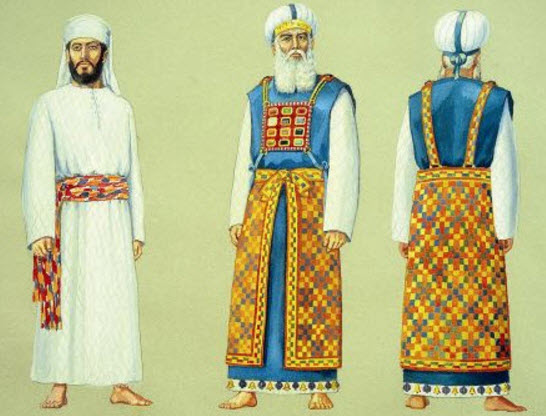
Parashat Tetzave reports God’s commands to bring olive oil for the lamp (מְנוֹרָה, Menorah), make sacred garments for the priests, conduct an ordination ceremony, and make an incense altar.
Teruma
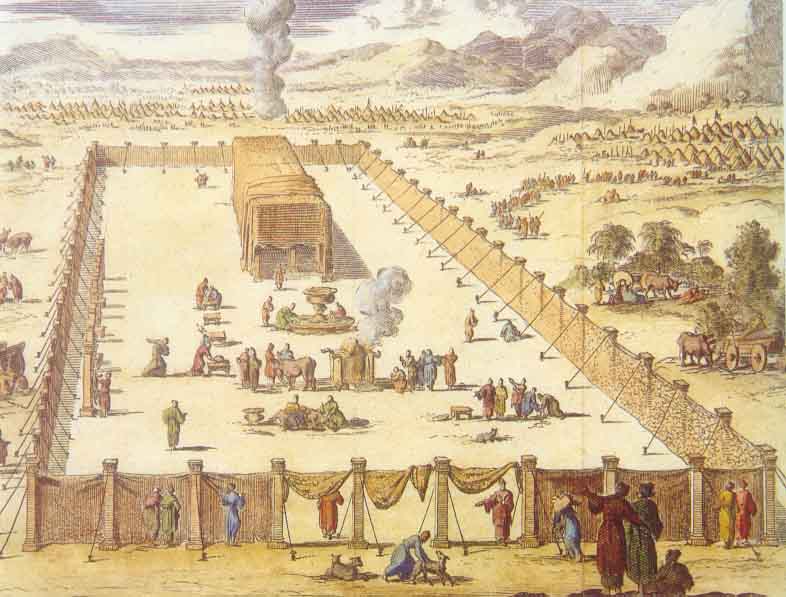
Teruma (“Donation”) opens as God tells Moses to collect donated materials in order to build a dwelling place for God called the Mishkan (Tabernacle). God describes how to build the vessels that will fill the Mishkan – including the ark, table, menorah, and sacrificial altar – as well as the Mishkan’s walls and curtains.
Mishpatim
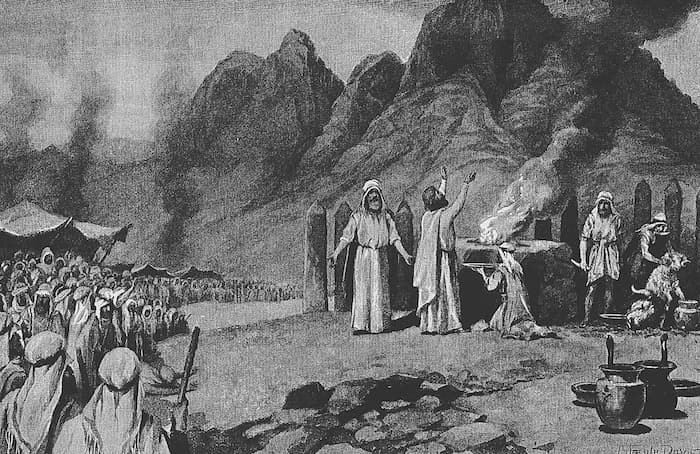
Parashat Mishpatim sets out a series of laws, which some scholars call the Covenant Code. It reports the people’s acceptance of the covenant with God.
Yitro
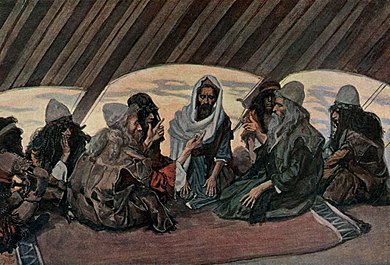
The parasha tells of Yitro’s (Jethro’s) organizational counsel to Moses and God’s revelation of the Ten Commandments to the Israelites at Mount Sinai.
Beshalach
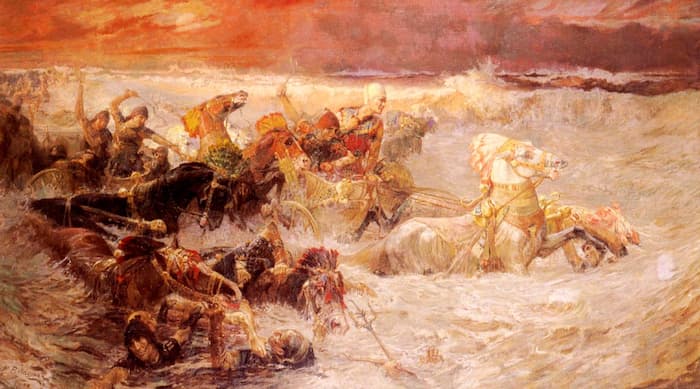
In Parashat Beshalach, Pharaoh changes his mind and chases after the Israelite people with his army, trapping them at the Sea of Reeds.
Bo
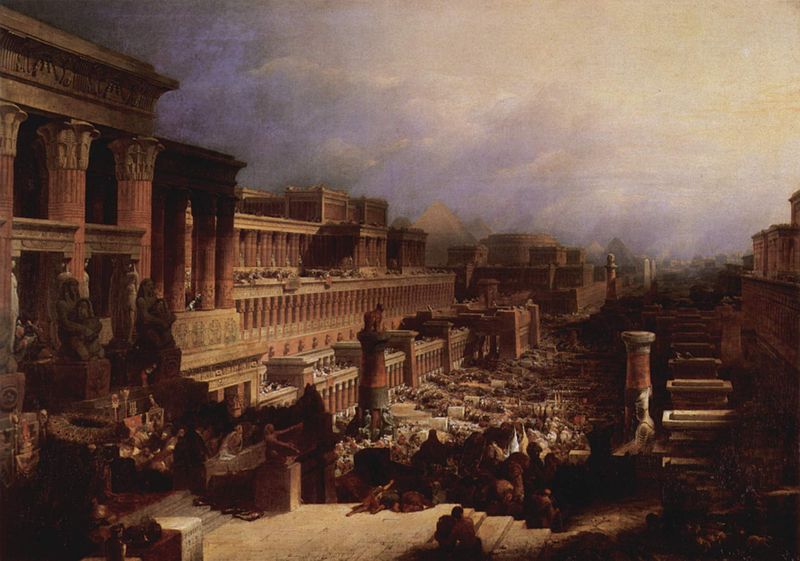
Parashat Bo tells of the last three plagues on Egypt and the first Passover.
Vaera
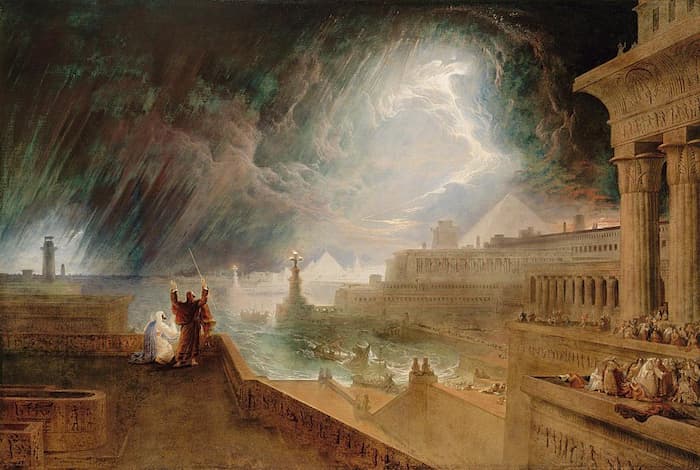
Parashat Vaera tells of the first seven Plagues of Egypt.
Shemot
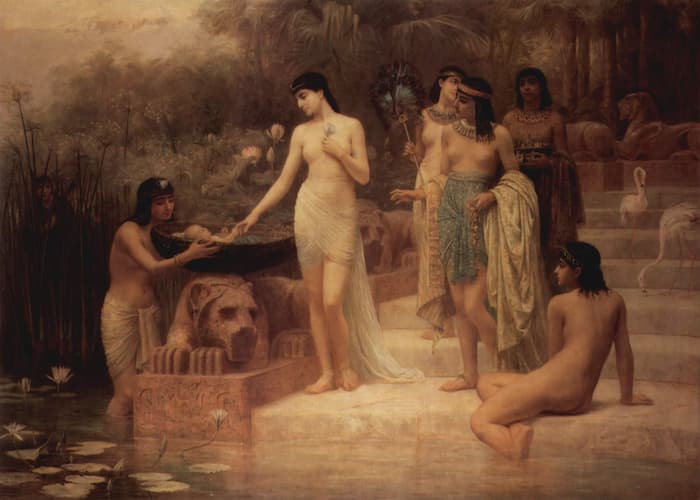
Parasha Shemot describes the suffering of the Israelites in Egypt, the concealment and rescue of the young Moses, Moses’ time in Midian, his calling, his circumcision on the journey, his encounter with the elders, and his appearance before Pharaoh.
Vayechi
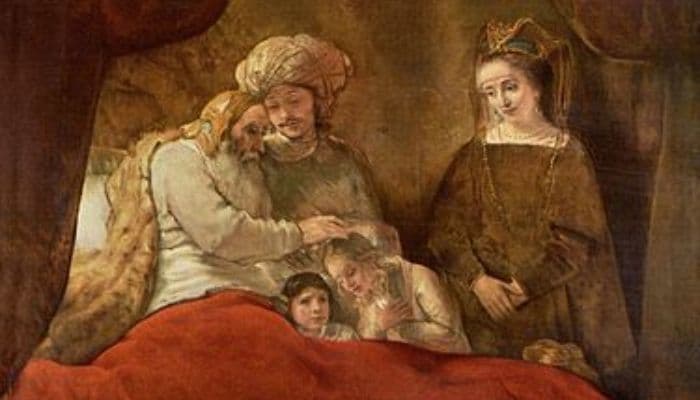
The parashah describes Jacob’s desire for burial in Canaan, Jacob’s blessing of Joseph’s sons Ephraim and Menashe, Jacob’s blessing of his sons, Jacob’s death and burial, and Joseph’s death.
Vayigash
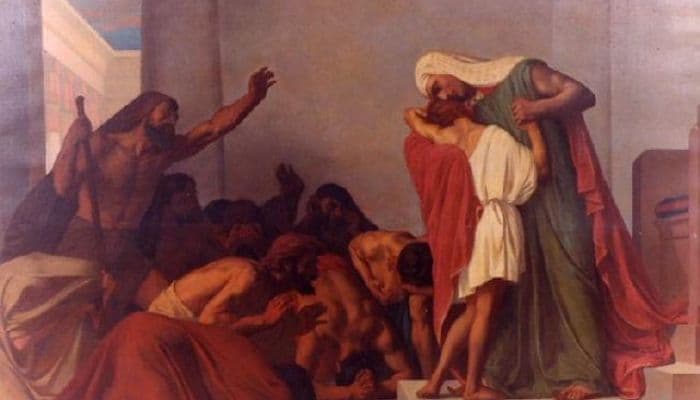
In the parashah, Judah pleads on behalf of his brother Benjamin, Joseph reveals himself to his brothers, Jacob travels to Egypt, and Joseph’s leadership of Egypt saves lives while converting all Egyptians into bondmen.
